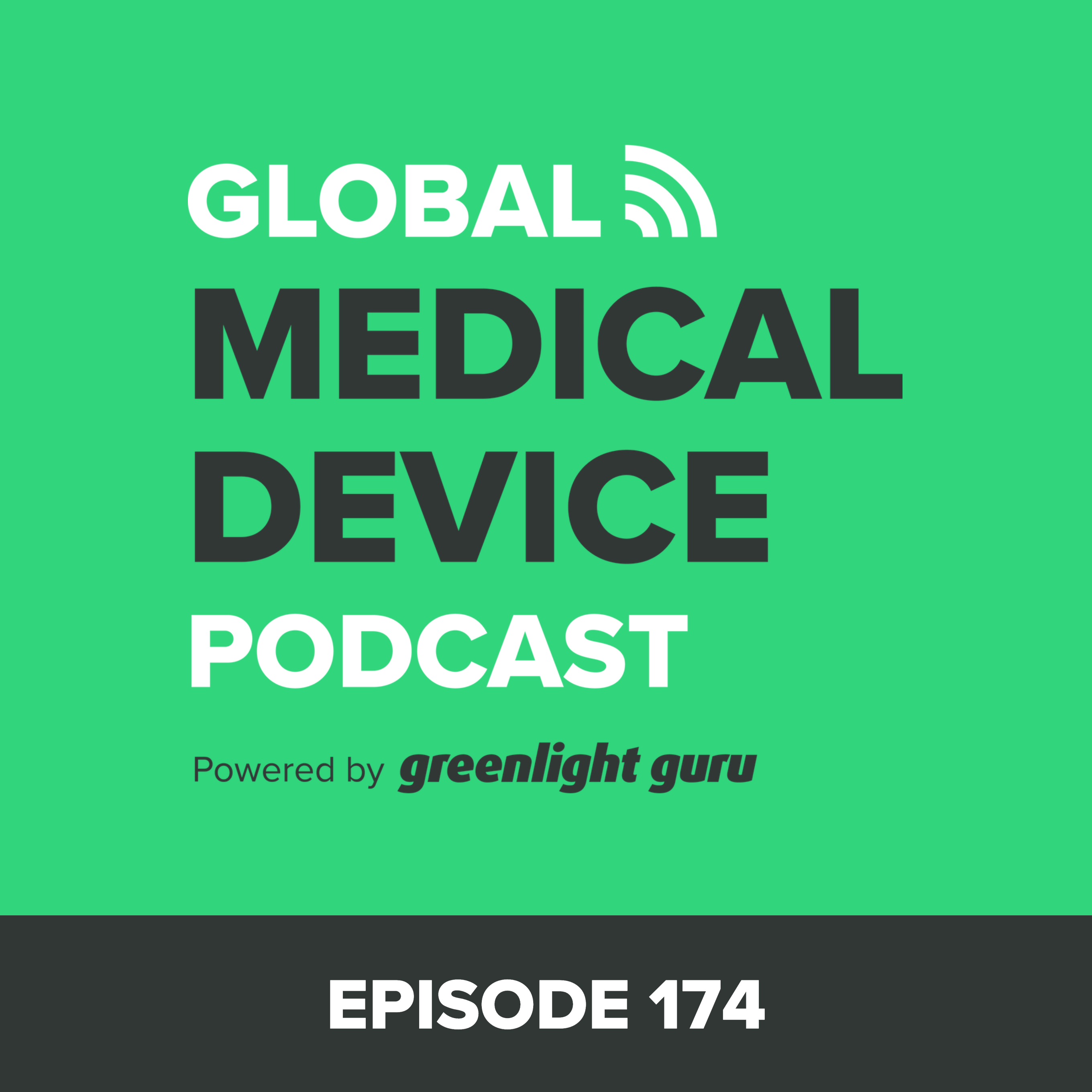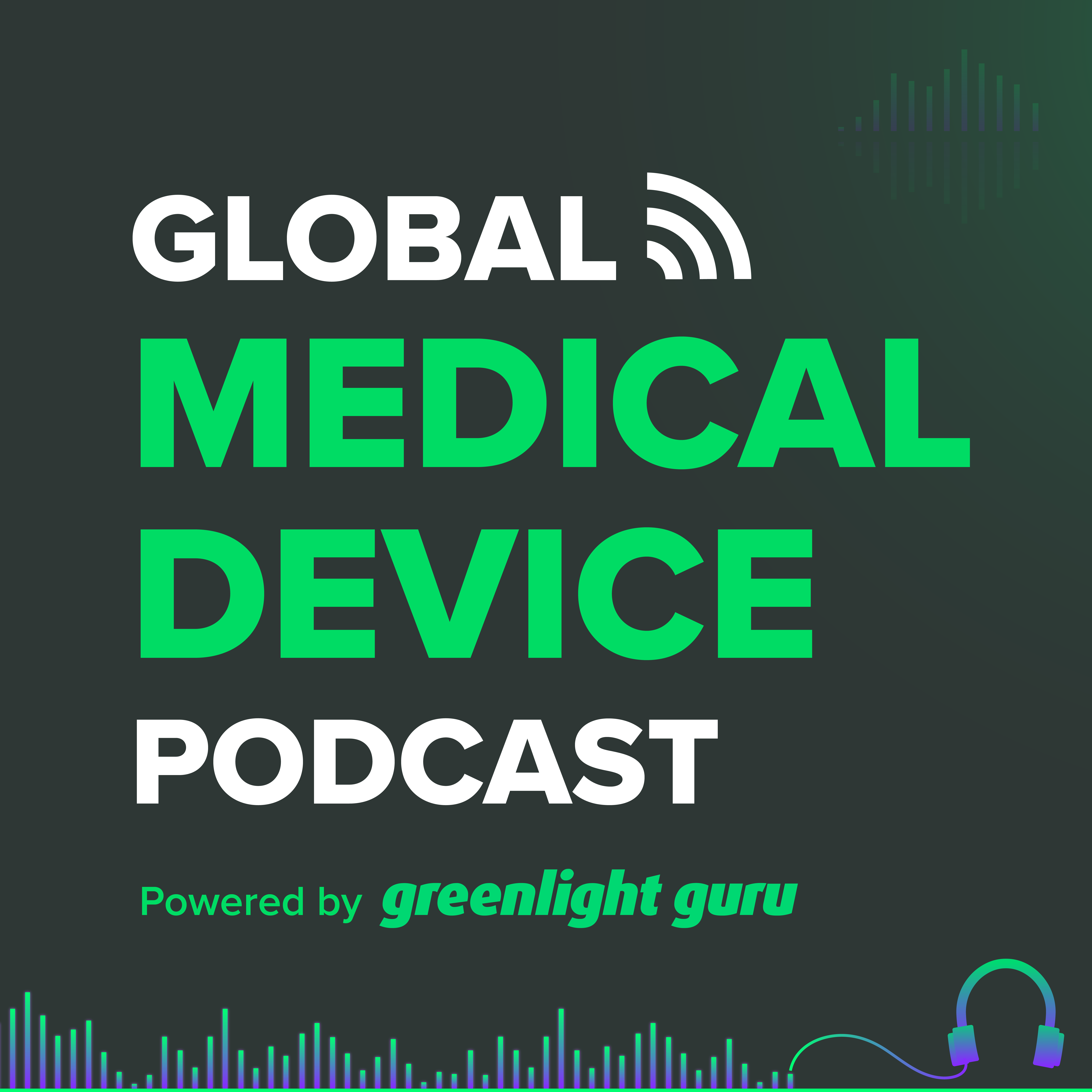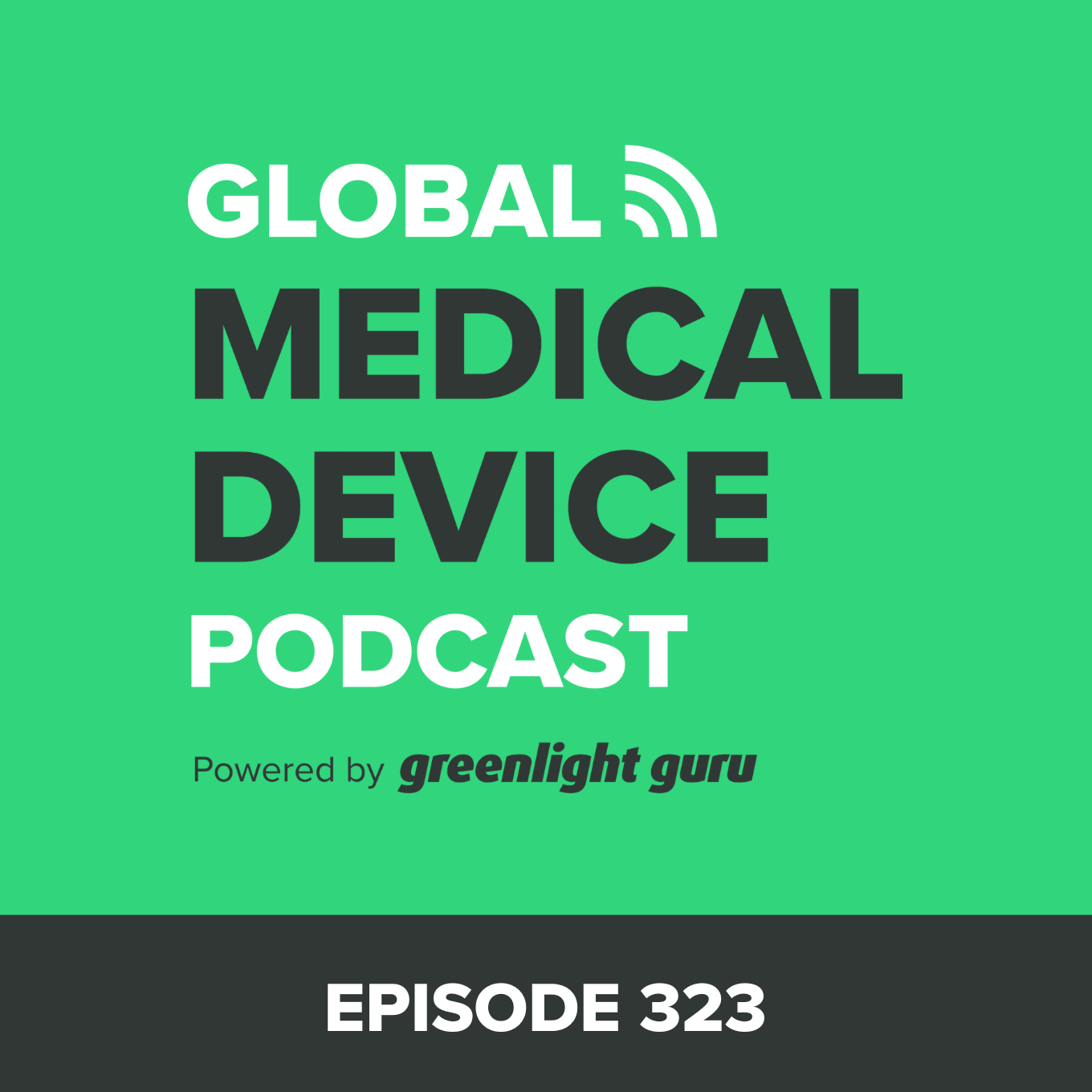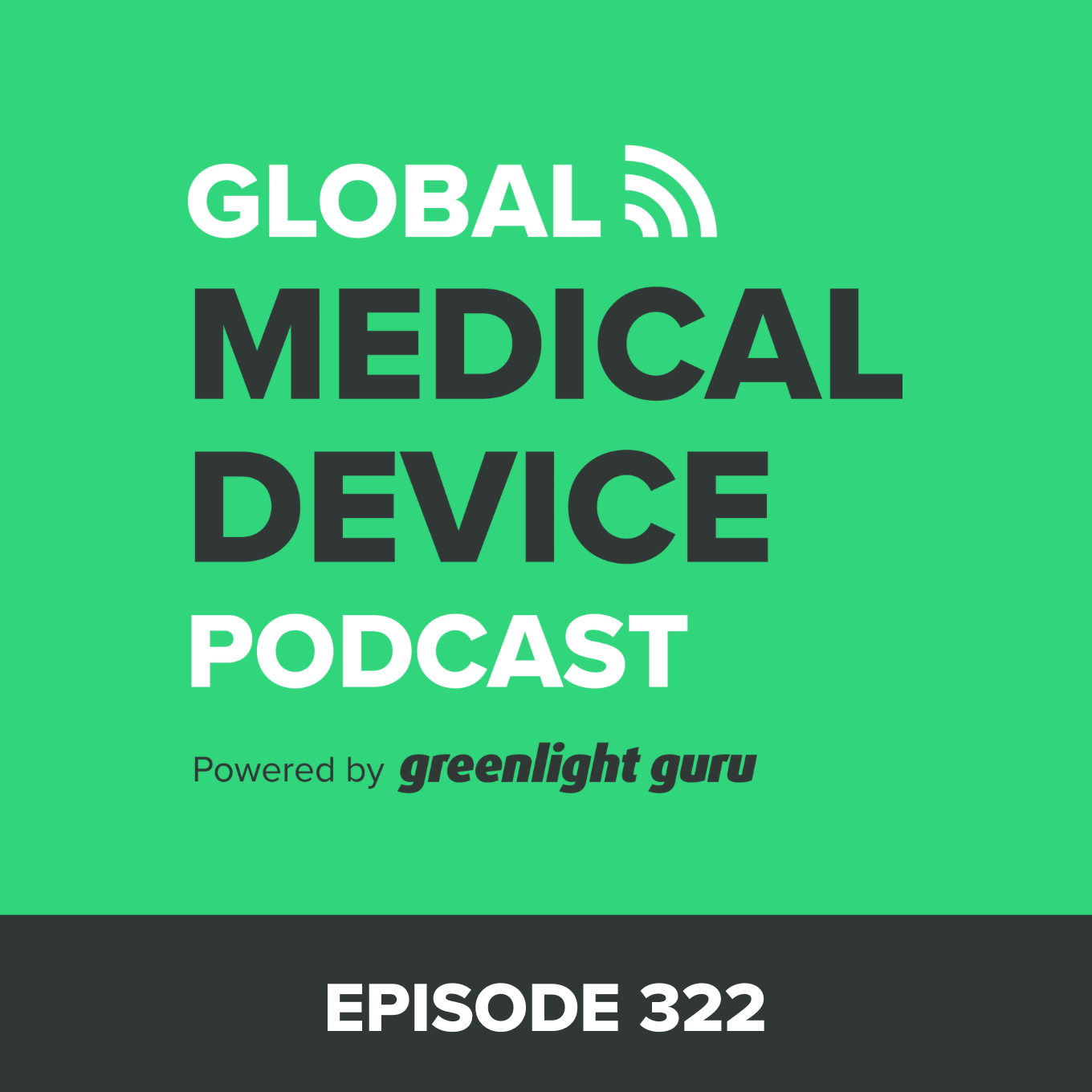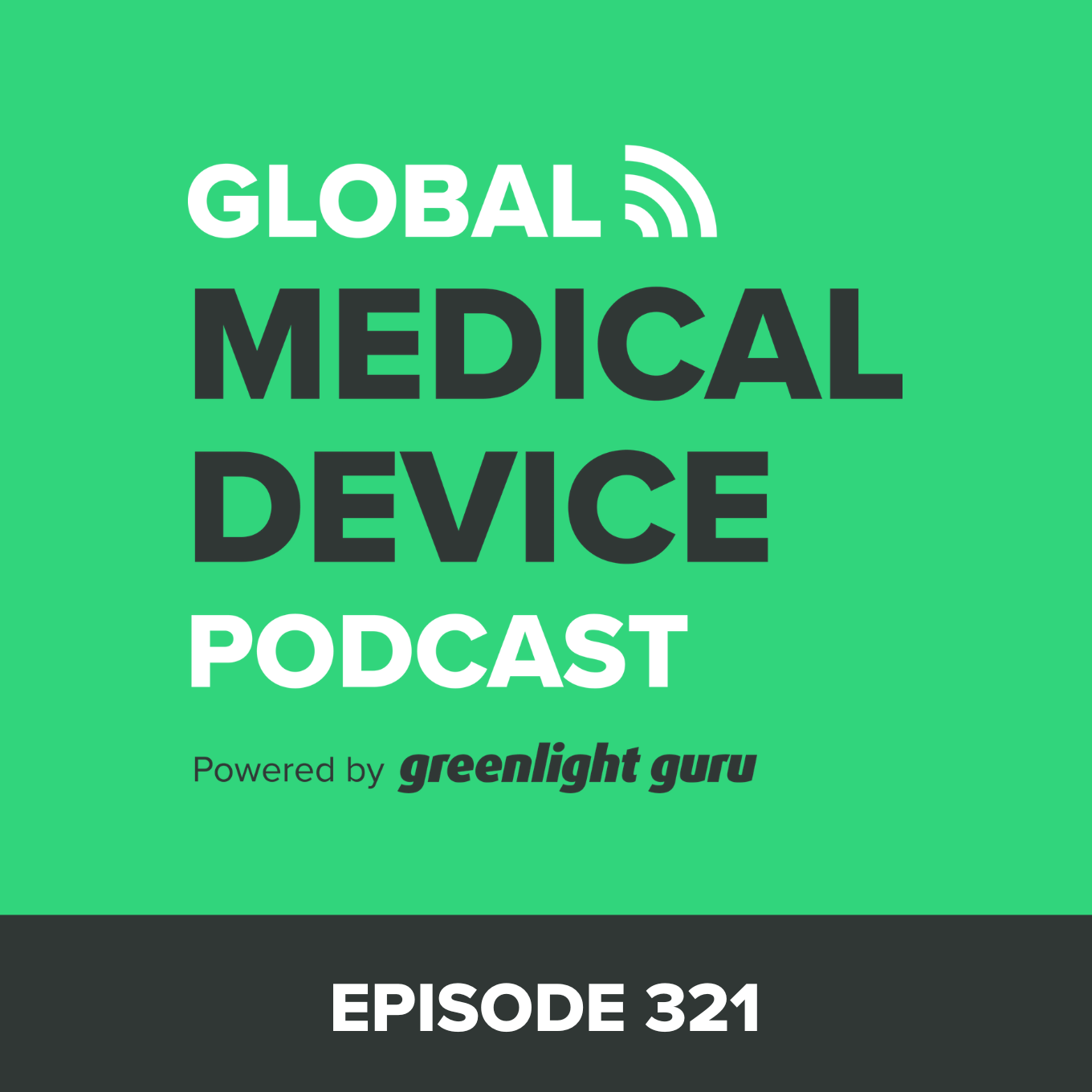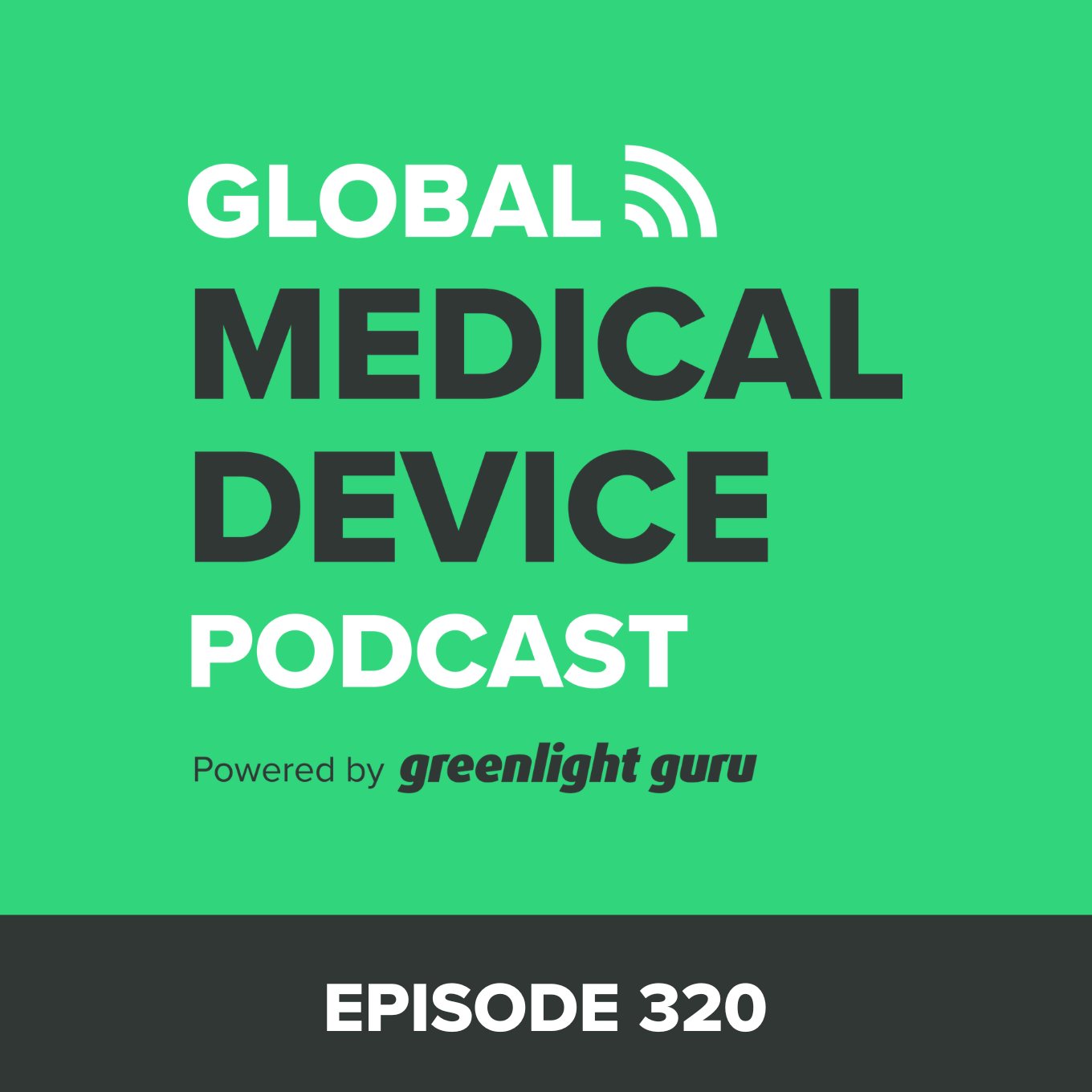Measuring the Impact of AI/ML Technologies on the Current Medical Device Landscape
- 0.5
- 1
- 1.25
- 1.5
- 1.75
- 2
DESCRIPTION
What impact has artificial intelligence (AI) and machine learning (ML) had on the medical device industry thus far? Have the emergence of these new technologies created new, unanticipated regulatory and quality challenges for industry professionals?
In this episode of the Global Medical Device Podcast, host Jon Speer and guest Mike Drues from Vascular Sciences revisit the topic of AI/ML to identify notable changes and technological advancements that have emerged as a result of these technologies and how industry professionals are responding.
Some highlights of this episode include:
- How is AI/ML defined in the medical device industry? Mike uses the two terms synonymously, although they are not exactly the same. He defines AI/ML as a product that is not stagnant, but changes and evolves over time.
- FDA’s definition limits AI/ML to Software as a Medical Device (SaMD) and change management. However, medical device companies tend to misuse and overuse AI to promote/advertise capabilities in software that are not intelligent.
- Regulatory and Quality Challenges: A locked algorithm dumbs-down AI technology by disabling the ability to learn from data because the software never changes once it makes it onto the market.
- AI is not new, but the challenge is validating changes not made, yet. Pattern recognition draws broad conclusions with primitive pop-ups. AI turns pattern recognition into intelligence by identifying if/when habits change.
- Suggestions and Solutions: Come up with a range of changes that AI software is allowed to make and refuse to use regulation as an excuse.
- “Adaptive AI/ML technologies, which have the potential to adapt and optimize device performance in real-time to continuously improve healthcare for patients, do not ideally fit the traditional paradigm of medical device regulation.” - Executive Summary
- To date, only 29 products have gone through FDA processes as AI/ML. For something with so much potential for the medical device industry to improve health care, a lot more devices capable of changing are needed.
Memorable quotes from this episode:
“My definition is a product that’s not stagnant. In other words, a product that changes or is at least capable of changing over time as it learns, as it evolves.” Mike Drues
“I see a lot of companies advertising AI capabilities in a particular software. When I look at it, I don’t see anything that’s even remotely intelligent about it—artificial or otherwise.” Mike Drues
“I refuse to use regulation as an excuse to hold me back.” Mike Drues
“For something that has so much potential for our industry and for improving health care, it is a little discouraging to see or to learn that there’s only been 29 products that have been through this path.” Jon Speer
